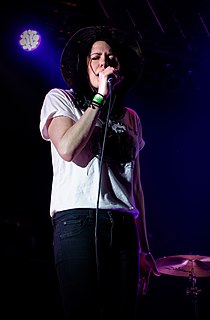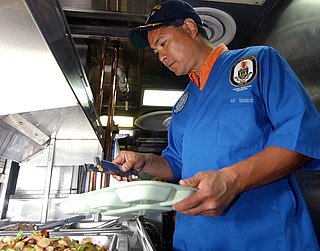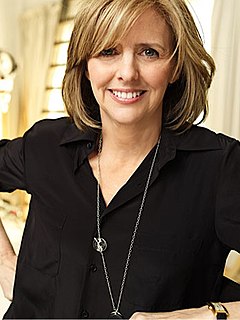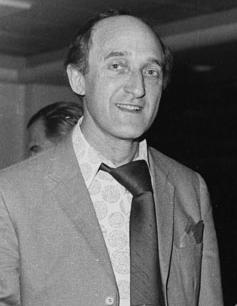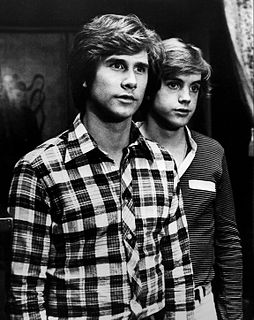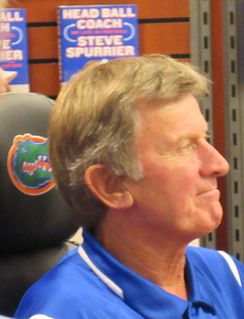A Quote by K. Flay
I studied psychology and sociology. I think my assumption was that I would go to graduate school, and I don't know what I was going to do after that.
Quote Topics
Related Quotes
I'd studied English literature and American history, but the English literature, which I thought was going to be helpful to me in an immediate way, was the opposite. So I had to un-think a lot of things and move out of my own head, and I learned a lot. It was like graduate school, but an un-graduate school or an un-school.
It was nice to finish up Stanford. I think I always felt that I would be there for four years and graduate, and definitely didn't want to leave early. A degree was definitely a plus, and I was having a lot of fun in school. But after football, you know, I don't know. I really did enjoy studying architecture; it was a blast.
